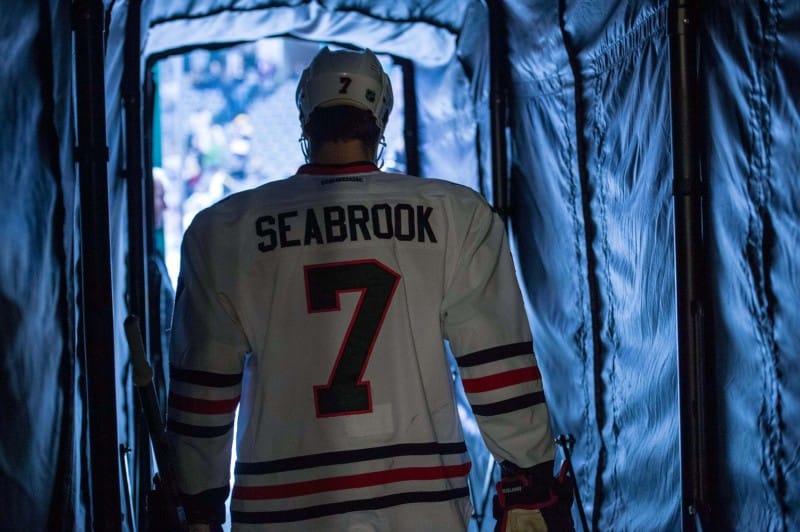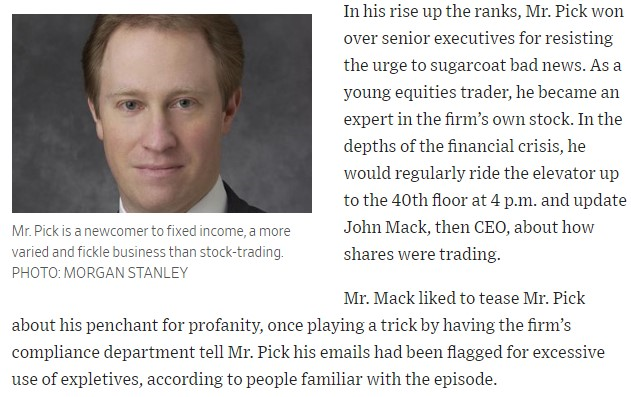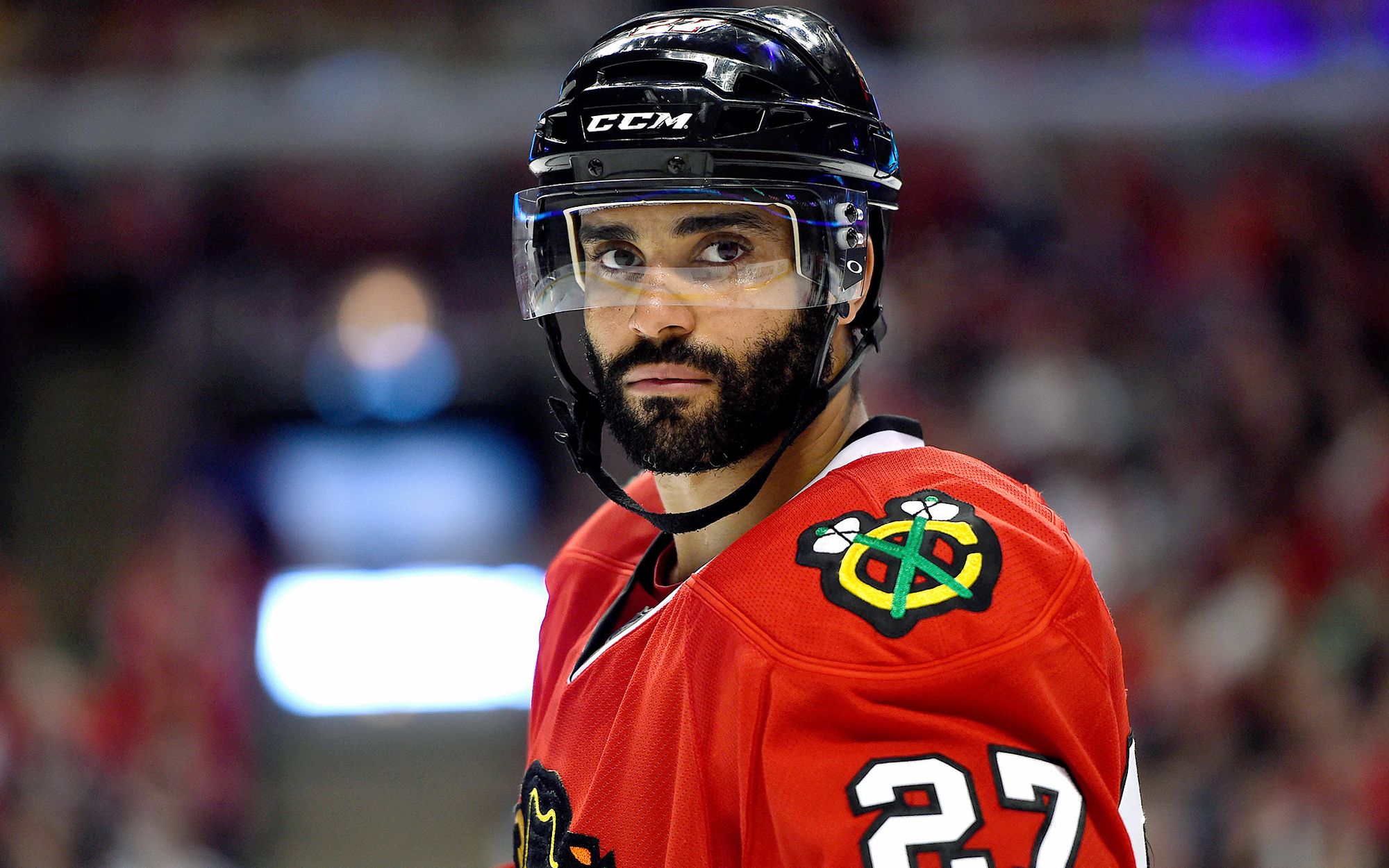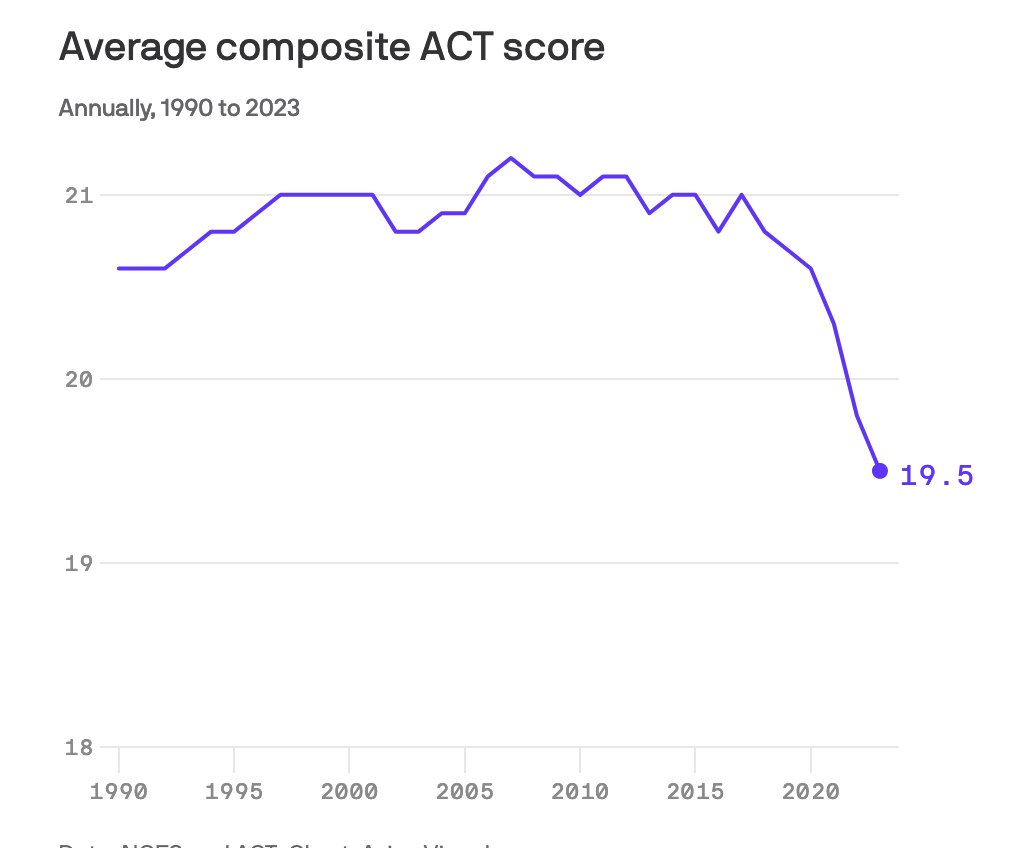Pivot #3: Divergent Paths of Blackhawks Teammates, Structure, Morgan Stanley's New CEO

1st Period - Structure
In chatting with hockey players and reflecting on my own journey, one of the biggest challenges (maybe the biggest in some cases) with pivoting from the game is establishing structure in life. Hockey players are creatures of structure. For the better part of our lives, someone has created a structure for us and we are very good at adhering to the structure.
Practice is at this time. Lift is at this time on these days. Be on the bus early. Need to be at the rink 3 hours before puck drop. This is your class schedule. Pre-game skate in the morning. I need to be up by this time. It becomes the regular cadence of life. Even the summer time is mostly structured around the same daily training routine. This structure and calendar for life is always provided and hockey players are typically excellent at executing within the provided structure. You could probably say hockey players thrive with this sort of rigidity.
When hockey is over, so is that provided structure. I wouldn’t call it a jarring change. It’s not a shock to the system when the structure is over. It’s more of a malaise; an aimless wandering through the days asking yourself “What do I do today? What do I do tomorrow?” And when those types of questions plague you day-in and day-out that’s when anxiety, frustration, dissatisfaction build.
So how does one establish a schedule and enforce it in life after hockey? The easy answer and shameless plug is to utilize Pivot Consulting for regular check-ins and coaching to make sure you’re staying on track with your endeavors. This is part of Pivot’s value-add and the reason we believe an entity like this needs to exist. Pivot can be the structure players are looking for. Everyone needs a coach to help guide and hold them accountable. Many people, especially hockey players, thrive when accountability is derived from another person. Even if it’s not Pivot, find someone in your life that can help you with the management and adherence of your daily schedule.
To that end, everyone’s life is unique and comes with its own constraints. There is no cookie-cutter answer to how best structure your life after hockey. Family, kids, job, school, geography all factor into the calculus. However, here are some tactics I’ve implemented that I’ve found successful.
- Regular Fitness Regimen - This is probably the single biggest influence on keeping my life on the rails. For 90% of my days, I wake up, I brush my teeth, throw my gym clothes on, take my dog out, then I go work out. I’m not going to go into all the health benefits, but from a life structure stand point, it’s a constant in my daily calendar, sets me up for success the rest of the day, and removes a lot of questions about my mornings. I love to chuck weights still, but whatever you like to do for fitness, go do it in the morning.
- Get Out of the House - For me, Covid made it abundantly clear that I cannot go for long periods of time looking at the same four walls. Prison would not be good for me. My mental clarity and productivity vastly improves when I work outside my house. I go to an office environment most days. I do not know how people last in a full-time work from home set-ups. I think there will be some negative long-term ramifications coming from a permanent WFH lifestyle. However, if you have a remote job, go do it somewhere else. Every day, at the same time, go to a coffee shop or library and work. I reflect back on my CFA study days and recall how much better I studied when I went to a public library versus staying at home. The clear delineation of a structured work period by changing the environment is a helpful trick. Try it out.
- Schedule Calls/Meetings - This may seem contrary to popular belief, but if you want to gain some personal momentum start filling your calendar with meetings and conversations. Meet with interesting people you can learn from. Try to bring something of value to the table too. Don't make the meeting a complete waste. The truth is, having the external pressure of needing to be prepared for a conversation is a good thing. It forces structure on you. You'll be invigorated to get yourself going by being around successful people. You should be worried if your calendar is blank.
- Keep a Notebook - Start writing everything down. Need to remember to do something. Write it down. Listen to an interesting insight on a podcast. Make a note. A random thought sparks an idea in your head. Write it down. Your brain is for generating thoughts, not remembering them. I write everything down. I'm still old school pen and paper, but I've slowly transitioning my process to the OneNote App. It's been seamless making notes across devices. Also, date your notes to maintain chronological order of your brain flow.
On a related note, lack of structure can be a by-product for a lack of focus, or vice-versus depending on how you look at it. Instead of me droning on about focus, check-out this excellent piece on the topic.
2nd Period - Morgan Stanley's new CEO has a coach
Morgan Stanley, the 5th largest bank in the U.S. by market capitalization, has a new CEO in waiting. In early 2023, current CEO James Gorman announced he was leaving his position at the end of the year, setting off a real life succession battle for one of the top seats in finance. The winner and next CEO is Morgan Stanley-lifer, Ted Pick, who the board announced in their succession plans a few weeks ago.
By all accounts, Pick has the pedigree and experience to support the Board's decision; finance family, Middlebury, Harvard, capital markets, equity trader, division leader, results oriented. Resume aside, it was Ted's blunt demeanor and crude vocabulary that management appreciated, especially Morgan Stanley's previous CEO, John Mack. Below is a snippet from a 2017 Wall Street Journal article describing Pick.

In reading about the decision to go with Pick, I noticed details describing Pick's efforts to win the CEO title:

A guy who is already effectively at the top of the finance hierarchy, boasts decades of experience, likely knows as much about the industry as anyone, and has an entrenched reputation among his peers, decided he needed a coach. There's a few lessons to glean from Ted Pick.
One, keep building your skillset. Never stop improving. Pick understood the skillset required by the CEO title, humbly self-reflected, acknowledged his deficiencies, and improved his deficiencies through coaching. Communication, style and tact are critical for obvious reasons for any leader, but especially the CEO at a firm like Morgan Stanley. Pick could no longer bury his head within his own corner of Morgan Stanley. He'd be tasked with thinking about the derivative implications of global affairs on the bank. I'm willing to bet this sort of critical thinking and geopolitical engagement tactics were also built upon through coaching.
Second, the ROI or return on investment from coaching is massive. I'm sure Pick didn’t skimp on the coaching price tag. I venture to guess executive coaching at this level is big bucks. Let's assume Ted dropped $100k on coaching through the year. In 2022, Ted Pick's all-in compensation was $22.5 million, while CEO, James Gorman brought in a whopping $39.4 million, or $16.9 million more than Pick. If Pick gets the CEO position, on the conservative side, he's likely increasing his compensation by $10 million. That's a 9,900% ROI or 100x of his $100k investment in coaching. That's only the ROI for year 1. I'll spare you the math on extrapolating that raise out for the rest of his career. What if he didn't get the job you say? What about the downside? The downside is Ted still improved his skills and likely makes him a desirable CEO candidate at another bank. The preparation and investment is not exclusive to Morgan Stanley. The skills learned are captive to Ted and allow him to monetize the coaching investment at another time. What if you spent $500 on coaching and that led you to a $50k opportunity? How does that ROI look? Whether it's through Pivot or another, unbiased third-party you trust, I am confident career coaching is worth it.
Third, everyone needs coaching. We've been coached our entire lives. There's a plethora of coaching resources helping players get better at hockey. People at the highest of levels need and want coaching. The funny thing is when hockey players are done playing, the coaching resources dry up. You're on your own to figure it out. I want that to change with Pivot. We want to be a resource for players to turn to at all parts of the career. Players should not be embarrassed to seek advice and they should humbly acknowledge they need advice. Career coaching does not need to be exclusive to executives either. Pivot aims to democratize career resources for players at all levels. Whether you are in a good spot career-wise or starting from the bottom, consulting with someone helps. I know it does. Ted knew it.
3rd Period - Divergent paths of Blackhawks defensemen
Within four months of each other, The Athletic published two articles that were the perfect juxtaposition of each other. The ying and yang of how players' lives can unfold after playing at the highest level. The contrasting articles provided further validation why Pivot needs to exist. Funny enough the articles profiled a pair of Stanley Cup winning teammates. Mark Lazerus of The Athletic profiled Brent Seabrook's second act here and Scott Powers, also of The Athletic, detailed Johnny Oduya's life after the NHL here.
Brent Seabrook, one of the most decorated players of his era, is figuring out retired life after injuries cut his career short. The three-time Stanley Cup winner is spending his time as a volunteer player development coach with the Vancouver Giants of the WHL. But the transition hasn't been without it's challenges as Seabrook describes below (emphasis added):
"It’s a strange thing to be prematurely retired. You feel cut off and isolated. You might not miss the daily grind and the physical toll the game takes, but you feel crestfallen with every season opener and every playoff opener that you’re not involved in. You also go from seeing your best friends every day to not seeing them at all. You feel like an outsider, and it’s not a great feeling."
There's a lot to unpack in this one quote; identity issues, losing self-worth, lack of post-career planning. Flagging these issues are not meant to sound critical of Seabrook because every player, especially ones that've reached the pinnacle, will go through this in varying degrees, but there are certainly ways to ease the burden of these challenges. Additionally, it has to be mentally jarring not going out on your own terms; your world completely changed from what you've been doing the past 20 years. Seabrook even goes on to reiterate (again emphasis added):
“It’s weird to say I’m retired, when my dad’s 66 and he’s not. But I love hockey. I’ve always loved it. I want to stay in the game, but I don’t know exactly what I want to do just yet.”
An honest admission by Seabrook that he has no idea what he wants to do with his future. Let's not get it twisted, though, Seabrook has 90 million reasons to not have a plan. He could easily not make a dime the rest of his life and future generations of Seabrooks will likely be just fine. However, for the top-of-the pyramid NHL guys, they need a plan for well-being issues. They need to have a new mission. They're the most competitive of individuals. They need to apply their energy to something, so they can avoid that crestfallen feeling.
Fortunately, for Seabrook financial stresses won’t enter the calculus and he can be patient with how he applies himself moving forward. He's technically in the final year of his contract and sitting on LTIR with the Tampa Bay Lightning, so I'd expect him to pop-up in the hockey world in a more formal manner soon enough. It sounds like he wants to stay in hockey and the Vancouver Giants experience is going well, but I hope Seabrook is taking the full inventory of life and appreciating all the options he could have for himself inside and outside the sport.

Moving it D-to-D with our stories, two-time Stanly Cup winner, Johnny Oduya, is having a much different experience in retirement. Since retiring in 2018. Oduya started two businesses, kick started his Instagram account, and climbed Mt. Kilimanjaro, among other side projects. Even without knowing Johnny personally, it's easy to figure out that his two businesses embody his interests and pursuits outside the game. The former defenseman opened up Hale, a breathe and performance center in his native Sweden, and followed that up with Atunya, a sports clothing and apparel company.
If there's one theme to the entire Oduya Athletic article, it's the sense of purpose he's created for himself outside of hockey. The word "purpose" is in the title of the story and used 11 times throughout the article. Here's some snippets from the article:
"Since retiring from hockey in 2018, Oduya has opened himself up in new ways. Creating an Instagram account and consistently posting to it was one notable massive leap for him. But there’s a purpose to that, just as there was a purpose to hockey and everything he did in preparation to play 850 career NHL games. Now, that purpose sits with his businesses, and their needs are different. He’s immersed himself in entrepreneurship and trying to elevate his businesses."
“But now there’s a purpose,” Oduya explained of his current willingness to speak with the media. “That’s how I think a lot of hockey players feel, for good and bad. Some of them are now starting to understand that, OK, maybe there’s things I want to do afterwards. But a lot of them don’t want to do anything. I’ve watched most of the people that I have played with don’t do anything. They hang out with their families and all. Like, there’s nothing wrong; it’s really, really fantastic. But I want to do something more and see if I can develop that part.”
"Oduya had just gotten back from a trip where he climbed Mount Kilimanjaro when I visited him…He found additional purpose in the mountain. He wanted to train for the climb, relying heavily on his breathing techniques, and then test it as he made his ascent."
Oduya has a respectable 29.5 million reasons to sit around, but he came to the realization that the best path forward post-hockey was to immerse himself in his various other interests. Johnny decided his life did not peak while in the NHL and is making the most of what is hopefully over half his remaining time on earth.
Highlighting Seabrook's and Oduya's post-career stories is not to suggest one path is right or wrong. Players go through transition in their own way. However, it is to highlight pivoting out of hockey has major challenges, even when there is financial security. Just from contrasting these two Athletic articles, I think its evident which guy is experiencing a higher sense of well-being. Pivot wants to be a resource for guys like Brent Seabrook to help them plot their next chess moves in life.
Additionally, I do not want to understate how important it is that these two players have a financial cushion. It prevents ulterior stresses from turning this into a more complex problem. Imagine injuries cutting your career short, like Seabrook, experiencing loss and identity issues, but you have minimal savings, a family to support and zero immediate career prospects. That is scary set of circumstances that needs to be dealth with ASAP. I am not a medical expert, but it's a slippery slope towards health issues, substance abuse, and depression.
I strongly suggest players aim for the Johhny Oduya path. You don't have to open two businesses and climb a mountain, but be forward thinking. Strategize and contemplate life's options. Set yourself up for future success. Don't pigeon-hole yourself by allowing short-term stresses dictate your long-term outlook. If you need help strategizing, reach out to Pivot.
Game Notes
- IBM's CEO on how to future-proof your career
- The Ivy League Heptathlete Who Scored an NFL Touchdown - WSJ
- A great example of what is going on in office financing
- GP had to kick-in $220M of equity, interet rate increased 200bps, loan got extended 5 years...and this is a 100% occupied, Class A building, what happens to lesser quality properties?
- Long Read: The OpenAI Keynote - Stratechery
- This is what our solar system looks like moving in space - Twitter/X
- The TikTok shop is a real e-commerce threat - Bloomberg
- ACT scores fell to the lowest level in 32 years, per Axios. How could this be?!

Happy Thanksgiving. Share with a friend. Comment below. Reach out to Pivot for consulting inquiries.

Member discussion